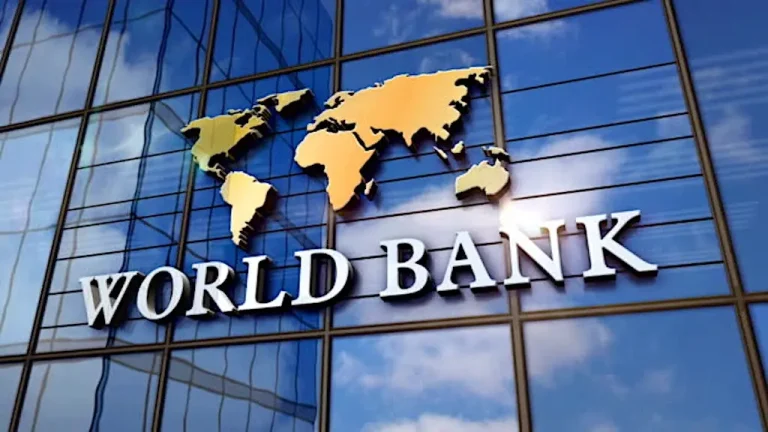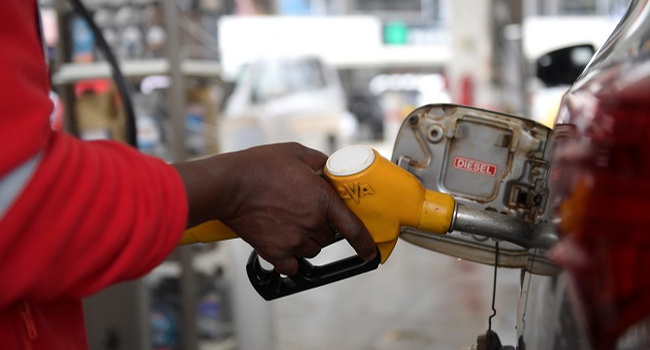
Billionaire businessman Femi Otedola has lifted the lid on a staggering petrol subsidy scandal during former President Goodluck Jonathan’s administration, revealing that more than N2 trillion was siphoned through dubious subsidy claims tied to depot licenses.
Otedola made the revelations in a statement released Monday, voicing support for Dangote Petroleum Refinery amid tensions with the Depot and Petroleum Products Marketers Association of Nigeria (DAPPMAN). The industry body recently accused the Dangote refinery of engaging in market-disruptive tactics by strategically lowering fuel prices to undermine competition.
In response, Dangote Petroleum claimed that DAPPMAN had demanded an annual subsidy of N1.5 trillion to enable its members to match the refinery’s gantry prices at their depots.
Speaking on the matter, Otedola criticized the petrol subsidy framework as fundamentally flawed, designed to benefit depot owners at the expense of transparency and innovation.
“I personally warned President Goodluck Jonathan that he was being misled. The subsidy system was built to favour depot owners, with DAPPMAN members as the chief beneficiaries,” Otedola said. “More than N2 trillion was siphoned through questionable claims all linked to depot licenses. This policy rewarded corruption and rent-seeking, not genuine progress.”
Otedola also challenged a persistent narrative that fuel depots are significant job creators.
“A typical depot might employ five people at most, including a gatekeeper. By contrast, a single filling station creates jobs for dozens—from pump attendants and cashiers to security personnel and cleaners,” he explained.
He urged depot owners to rethink their strategies in light of Nigeria’s evolving oil sector, where local refining is reducing dependence on imported fuel.
“DAPPMAN members should focus on owning and expanding last-mile retail outlets, rather than clinging to tanks built for an import-driven economy that no longer suits Nigeria’s reality,” he said.
Highlighting international parallels, Otedola noted how the cement industry adapted once local production began. “When Nigeria started producing cement locally, bulk carriers that used to dock at our ports were retired or sold off as scrap. A similar fate awaits fuel depots.”
Warning of the risks of resisting change, he cautioned depot owners that failing to evolve could lead to irrelevance and bankruptcy.
“Instead of resisting progress, they should consider selling, restructuring, or investing in new value chains that align with Nigeria’s refined fuel future,” he advised.
In a striking call to action, Otedola suggested that if DAPPMAN members truly believed in competition, they could pool resources to acquire and operate the Port Harcourt refinery themselves, aiming to succeed where the Nigerian National Petroleum Company (NNPC) has fallen short.


